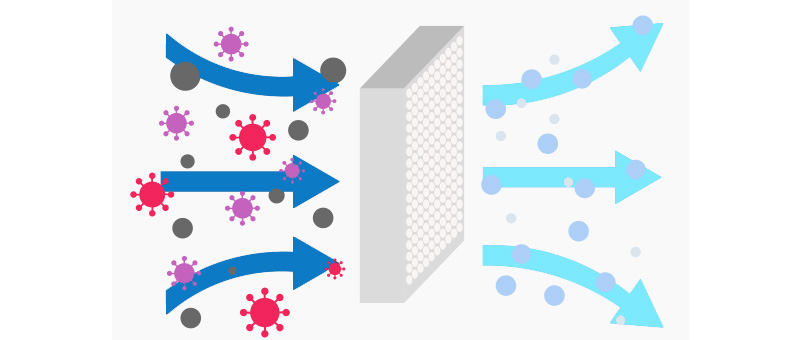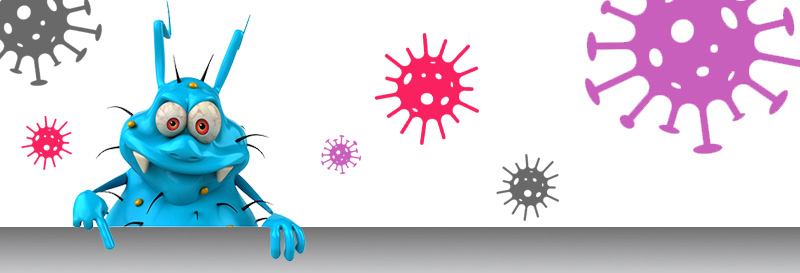
“HEPA” stands for “high-efficiency particulate air” (filter) and is an efficiency standard form of air filtration. Made from synthetic fibres, HEPA filters are incredibly effective at capturing almost every size of particle and releasing cleansed air back into the environment..

![]()
The main difference between a HEPA filter and a regular filter is that HEPA filters are made from layers of thin synthetic fibres activated carbon-based materials. Regular filters are made of porous materials like cotton paper sheets and polyester.

HEPA filters prevent ultrafine pollutants from being recirculated into the air that we breathe. Capable of removing up to 99.9% of the particles from the air that passes through them, HEPA filters can removed; allergens, viruses, bacteria, chemical compounds, dust and many more.
We recommend HEPA filters to be replaced once every six months. Over time, there is potential that mould can grow on the filter surface and if not changed regularly, the filter can actually become the host for all the mould spores it has trapped.
For more information about HEPA filter replacement, please visit our blog.